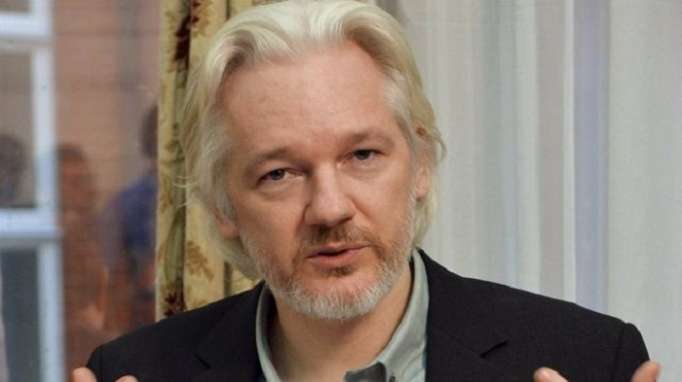US President Joe Biden has been called on to pardon WikiLeaks founder Julian Assange by two US congressmen.
They express being “deeply concerned” that the WikiLeaks founder’s guilty plea could establish a troubling precedent for prosecuting journalists and whistleblowers on espionage charges.
James McGovern, a progressive Democrat from Massachusetts, and Thomas Massie, a libertarian Republican from Kentucky, made a bipartisan appeal to the president earlier in November, urging him to grant the pardon.
In their letter, they asked Biden to “send a clear message that the US government under your leadership will not target or investigate journalists and media outlets simply for doing their jobs.”
Assange was released in June 2024 after pleading guilty to violating US espionage law, in an agreement that allowed him to return to Australia, marking the end of an intense 14-year legal battle.
He faced charges related to the 2010 and 2011 publication of leaked documents concerning the Afghanistan and Iraq wars, as well as diplomatic cables.
In a letter dated November 1, McGovern and Massie expressed their “appreciation” that the criminal case had been resolved and the extradition request to the United Kingdom had been dropped, bringing “an end to Mr. Assange’s protracted detention and [allowing] him to reunite with his family and return to his home country of Australia.”
However, they expressed being “deeply concerned” that the deal required Assange, a publisher, to “plead guilty to felony charges.” “Put simply, there is a long-standing and well-grounded concern that section 793 [of the Espionage Act], which criminalizes the obtaining, retaining, or disclosing of sensitive information, could be used against journalists and news organizations engaged in their normal activities, particularly those who cover national security topics.”
The pair also highlighted that this concern had “informed the Obama administration’s decision not to prosecute Mr. Assange” and noted that Assange’s case was “the first time the Act has been deployed against a publisher.”
More about:
















































